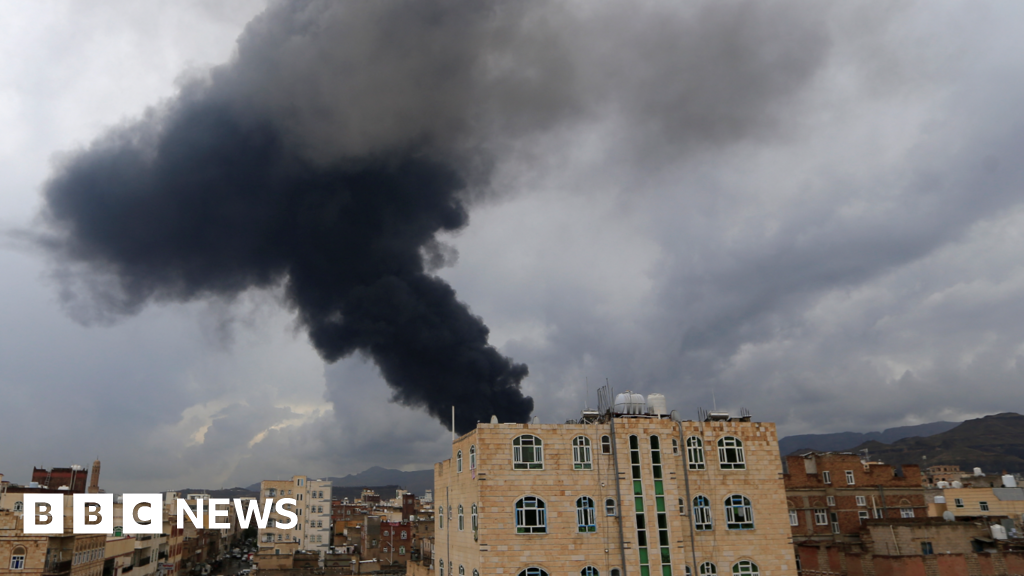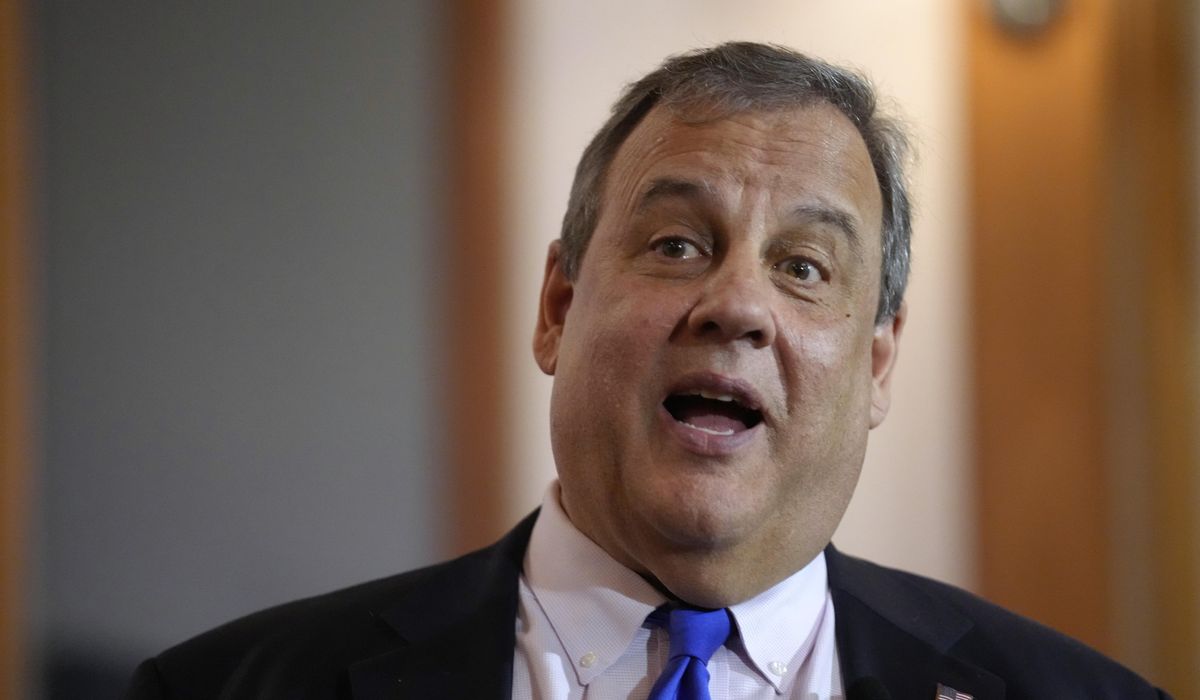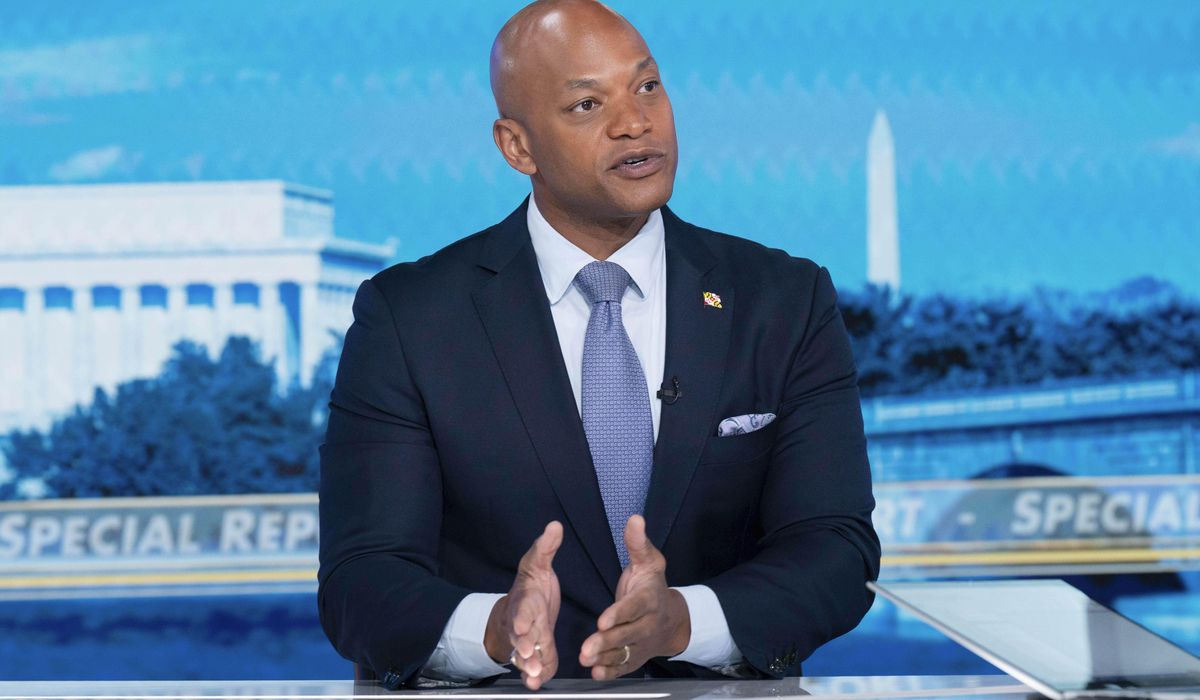ARTICLE AD BOX
President Trump departs Washington Monday to begin a high-stakes, three-nation tour through the Gulf, starting in Saudi Arabia Tuesday, that is aimed at rebooting U.S. alliances under his “reciprocity” doctrine.
With stops in Riyadh, Abu Dhabi and Doha, Mr. Trump is signaling a return to transactional diplomacy focused on arms deals, tech investments and countering China and Iran.
“Saudi officials see it as a signal of strengthened U.S.-Saudi ties and economic cooperation,” said Dr. Hesham Alghannam, director general of the Security Research Center at Naif Arab University. “But they are wary of Trump’s unpredictable style, especially on sensitive topics like Israel normalization, which could create awkward and tricky moments.”
Normalization remains frozen in both Riyadh and Doha. While the Abraham Accords — considered by many on Mr. Trump’s team as the signature foreign policy achievement of his first term — marked a diplomatic breakthrough, the Oct. 7, 2023, Hamas attack on Israel and ensuing war have further complicated regional realignment.
Saudi Arabia has rejected U.S.-backed proposals to relocate Palestinian civilians and continues to demand a sovereign Palestinian state with East Jerusalem as its capital. A delegation led by White House envoy Steve Witkoff is working to secure a Gaza hostage deal before Mr. Trump’s arrival.
Since Mr. Trump’s last visit in 2017, Riyadh has undergone sweeping physical and political changes. “The city has transformed under Vision 2030,” said Mr. Alghannam, citing $22 billion in infrastructure projects including the Riyadh Metro, King Abdullah Financial District and Sports Boulevard.
The population has grown from 7.5 million to 8.6 million, straining public services while advancing diversification goals.
At the same time, Saudi Arabia faces fiscal pressure. Goldman Sachs projects a $67 billion budget deficit in 2025, fueled by declining oil revenues and delays in the NEOM “future-city” megaproject.
Still, real non-oil gross domestic product grew by 4.3% last year, foreign direct investment hit $20.7 billion and officials say 85% of the initiatives for Saudi Arabia’s Vision 2030, the nation’s long-term blueprint for growth, remain on schedule.
A key deliverable for the Trump visit is a $3.5 billion arms package, including 1,000 AIM-120C-8 AMRAAM missiles. “This strengthens Saudi Arabia’s air defenses against regional threats and supports the goal of localizing 50% of defense spending by 2030,” Mr. Alghannam said, noting that 19.35% localization had already been reached by 2023.
The arms deal is part of a proposed $100 billion U.S.-Saudi defense partnership, aligning with the kingdom’s $78 billion defense budget for 2025. Saudi Arabia is working through its General Authority for Military Industries and U.S. partners like Lockheed Martin to bolster domestic manufacturing and defense autonomy.
Yet tensions persist over energy policy.
Mr. Trump is expected to push for lower oil prices to support the U.S. economy, while Saudi Arabia remains focused on preserving revenue to fund Vision 2030. “There are synergies between U.S. and Saudi objectives,” Mr. Alghannam said, “but the gap on energy pricing remains a sticking point.”
Mr. Trump visited Saudi Arabia on his first trip abroad during his first term in office and White House Press Secretary Karoline Leavitt said he is excited to return.
“Eight years later, President Trump will return to reemphasize his continued vision for a proud, prosperous and successful Middle East where the United States and Middle Eastern nations are in cooperative relationships and where extremism is defeated in place of commerce and cultural exchanges,” Ms. Leavitt told reporters on Friday.
The president’s trip comes soon after his son, Eric Trump, traveled to Qatar and the United Arab Emirates. As executive vice president of the Trump organization, Eric Trump secured a deal in Qatar last month to build a luxury golf course, which will reportedly be constructed by a Saudi Arabian company.
Asked on Friday about the Trump family’s business connections affecting his foreign itinerary, Ms. Leavitt dismissed reporters’ questions.
“I think it’s frankly ridiculous that anyone in this room would even suggest that President Trump is doing anything for his own benefit,” Ms. Leavitt said at the White House. “He left a life of luxury and a life of running a very successful real estate empire for public service not just once but twice.”
Mr. Trump is also expected to officially refer to the “Arabian Gulf,” a rhetorical shift from the traditional “Persian Gulf” that may please Arab partners but inflame tensions with Tehran amid ongoing negotiations over Iran’s nuclear aspirations.
Mr. Trump is also expected to officially refer to the “Arabian Gulf,” a rhetorical shift from the traditional “Persian Gulf” that may please Arab partners but inflame tensions with Tehran amid ongoing negotiations over Iran’s nuclear aspirations.
Iran’s advancing nuclear capabilities and the regional fallout from the Oct. 7, 2023, attacks have added urgency to Iranian talks and to Mr. Trump’s travels to the Gulf.
Israel’s military campaign in Gaza continues and the broader conflict has destabilized regional politics and hampered normalization efforts launched under the Abraham Accords.
As Israel presses on militarily, Arab states are recalibrating their positions, weighing domestic backlash, regional stability and strategic realignments.
From Saudi Arabia, Mr. Trump will travel to the United Arab Emirates, where leaders in Abu Dhabi are preparing to spotlight their $100 billion Mubadala-G42 artificial intelligence fund and announce new partnerships with U.S. tech firms.
The UAE has become a hub for digital infrastructure, signing deals with OpenAI, Microsoft, xAI and Anthropic. Mr, Trump is also expected to promote the Trump International Hotel & Tower Dubai — an 80-story project anchored by what developers say will be the world’s highest outdoor pool.
In Doha, the president will attend the unveiling of a $5.5 billion luxury resort in Simaisma, featuring a Trump-branded golf course and villas developed in partnership with Qatari Diar and Dar Global.
At the same time, QatarEnergy’s stake in Golden Pass LNG in Texas highlights deepening energy ties between the two nations.
Mr. Trump is also prepared, according to a New York Times report citing an unnamed senior official, to accept as a gift from Qatar a luxury outfitted Boeing 747 that could serve as an apgrade to Air Force One before then being donated to a future Trump presidential library for Mr. Trump’s continued use.
Mr.Trump’s team sees the visit as an opportunity to secure a temporary ceasefire deal in Gaza, including the release of hostages.
“President Trump sees this as a potential diplomatic win that could boost U.S. credibility and create space for short-term accommodation between Israel and Hamas,” one official close to the delegation said.
Mr. Alghannam noted that Saudi Arabia’s rejection of the Gaza displacement plan has created new friction. “That has stalled normalization talks and revealed a growing divergence in priorities,” he said.
Israeli politicians have voiced concerns about the evolving U.S.-Gulf dynamic.
Mr. Trump’s openness to Saudi nuclear development — without tying it to recognition of Israel — has sparked alarm within Israel’s security establishment.
Officials in Jerusalem worry that Washington’s pivot toward deeper ties with the Gulf could erode Israel’s qualitative military edge and leave it increasingly isolated.
Despite the concerns, Mr. Trump arrives with strong personal relationships across the region and a pitch that resonates with Gulf leaders.
“President Trump views lower oil prices as a signature initiative,” Mr. Alghannam said. “But he also sees Vision 2030 as an opportunity for U.S. investors in defense, energy and technology.”
Taufiq Rahim, senior fellow at New America and author of “Trump 2.5: A Primer,” said the crown prince has made Saudi Arabia “a cornerstone of Trump’s foreign policy reboot.”
“There are synergies between U.S. and Saudi objectives overall, but a key gap remains on energy,” Ms. Rahim said. “President Trump will press for lower prices, while Riyadh is focused on funding its domestic transformation.”
On strategic alignment, Ms. Rahim added, “No recalibration is required — the relationship is already strong, both personally and institutionally.”
Mohammed Soliman, senior fellow at the Middle East Institute, said technology could define the next chapter of U.S.-Gulf relations. “Saudi Arabia isn’t just building data centers — it’s building leverage,” he said. “In the AI era, computing power is geopolitical leverage, and the kingdom wants a seat at the global tech table.
“We can’t outcompete China by slow-walking chip exports to our own allies. The U.S. needs partners — not passengers — in the race for global AI infrastructure.
“Partnering with Saudi Arabia means more deals for U.S. firms, more exports, and more American jobs — or we can watch China take the lead,” Mr. Soliman said.
“Trump’s visit underscores how the region is repositioning itself,” Ms. Rahim said. “Saudi Arabia is no longer a junior partner — it’s a co-architect of regional order alongside Washington.”

 3 months ago
84
3 months ago
84








 English (US) ·
English (US) ·